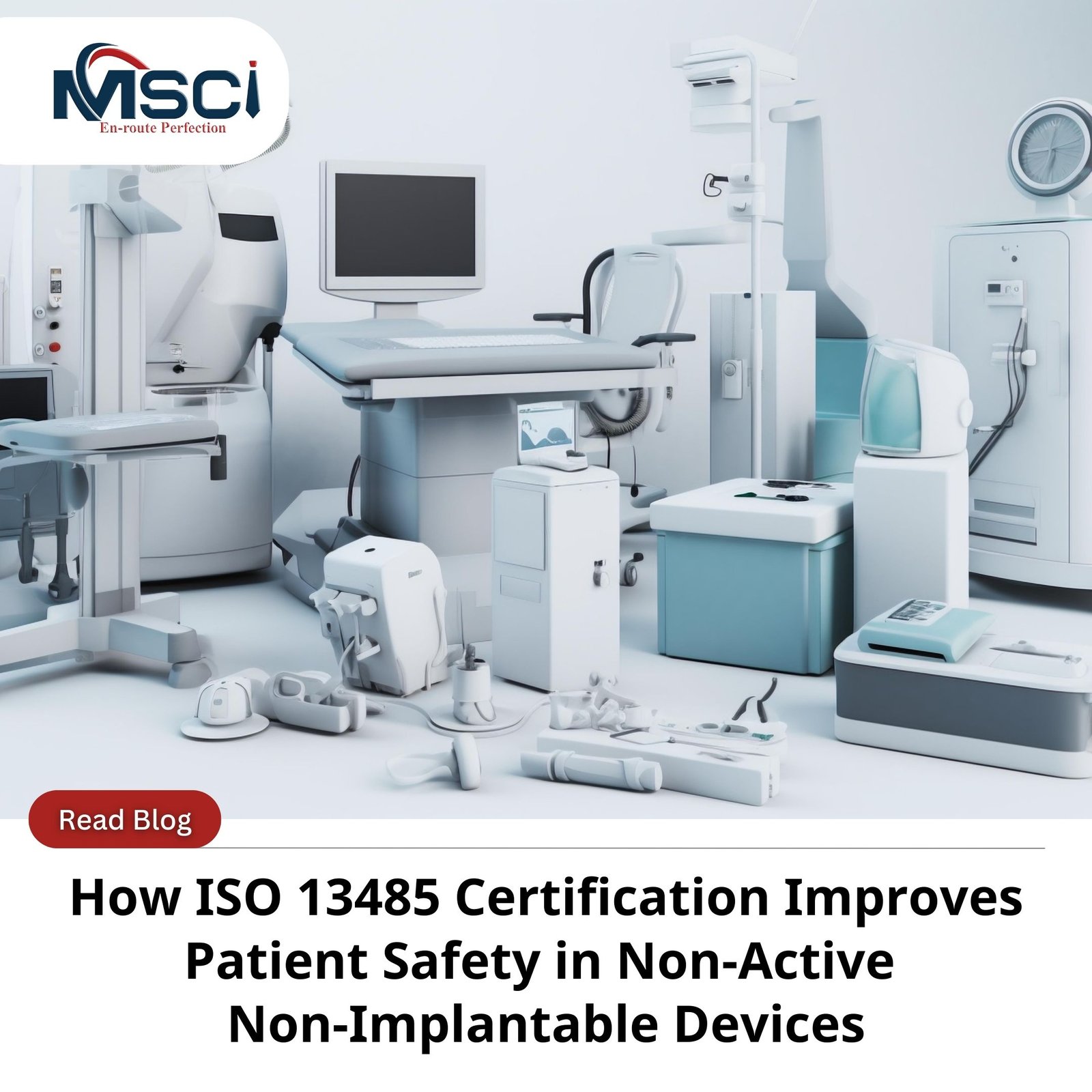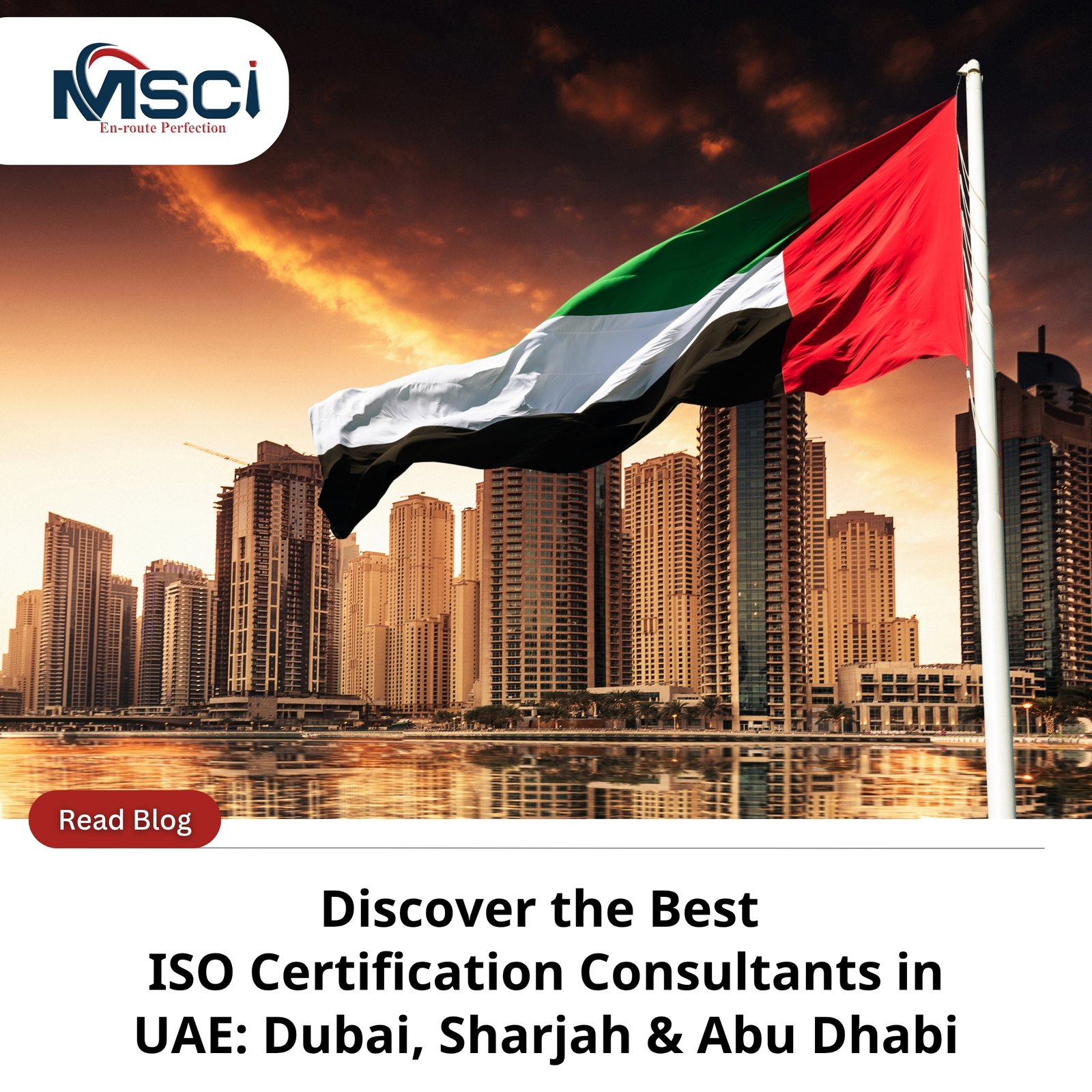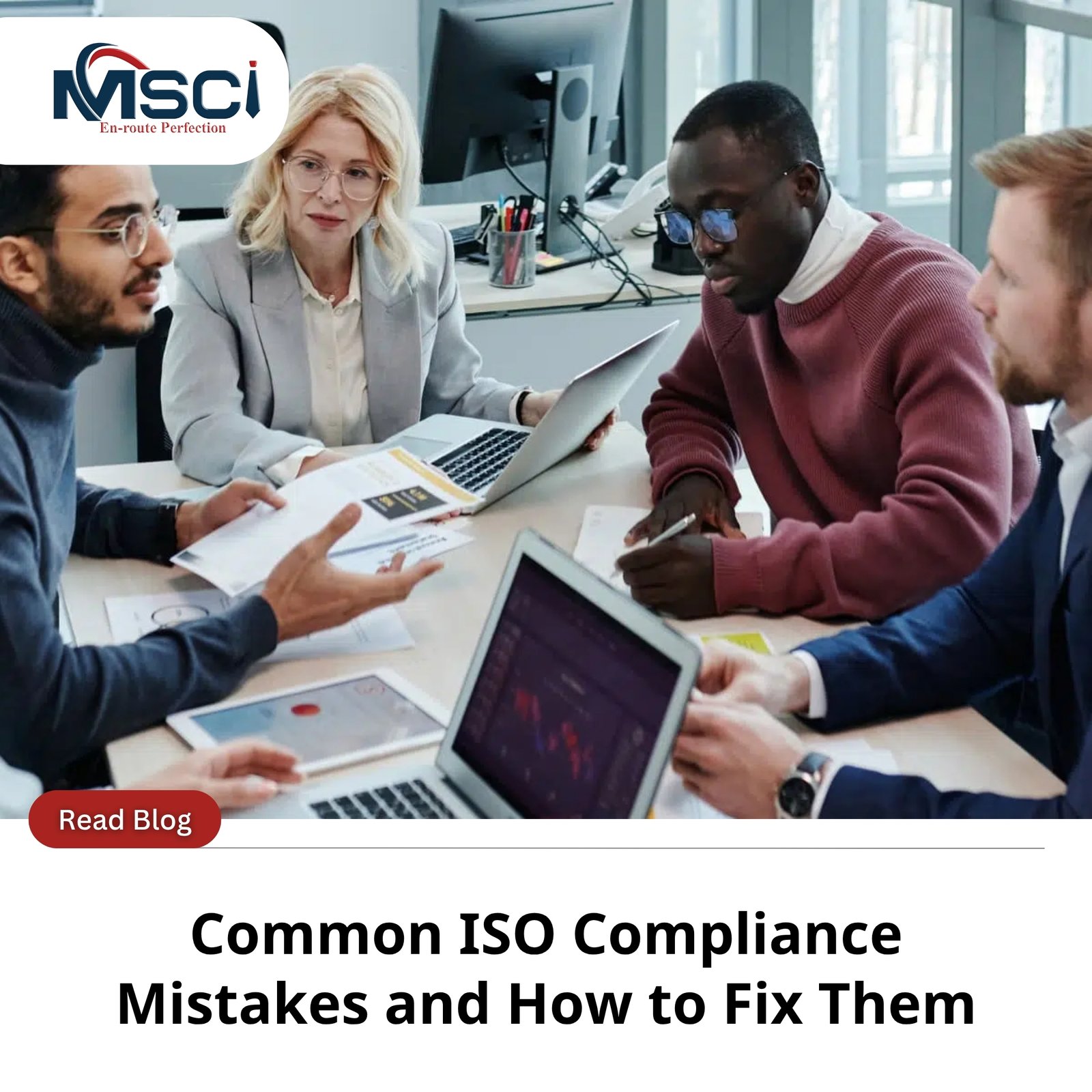ISO Consultant, ISO Certification Body and ISO Trainer
Know the Difference between ISO Consultant, ISO Certification Body and ISO Trainer
The International Organization for Standardization (ISO) publishes several sets of standards that helps the organizations in establishing various management systems in order to ensure the quality, safety, and efficiency of product and processes. For an organization to achieve ISO certification, the role of ISO consultant, ISO certification body, and ISO trainers is extremely important. So, what is the difference among all of them?
ISO CONSULTANT
An ISO consultant works with your business and helps you with the implementation of the requirements of the ISO standards for a particular management system. They review all your processes, and suggest the applicable clauses for your organization.
However, some organizations possess internal resources and knowledge of experts for implementation of the ISO standards. In such cases, the company may choose not to take the services of ISO consultant. In general, ISO consultants make it easy for you to achieve ISO certification for your management system.
To find the top ISO consultant, you will have to perform market research to have an idea about the experience of the ISO consultants.
ISO TRAINER
Certain businesses provide ISO training in order to make your internal staff aware about the ISO standards and capable to perform internal audits. Training is often provided to key persons who are responsible for overlooking and managing the implementation of ISO standards as well as their constant monitoring.
ISO CERTIFICATION BODY
It is to be noted that ISO just publishes the standards. The certificate is awarded by the certification bodies that are accredited by IAS, IOAS etc. While selecting the certification body, you should always check their accreditation, the experience of their auditors as well as the testimonials of their previous kinds. Once you have decided to apply for ISO certification, your certification body analyses the complexity of your business, strength of your employees and several other factors before quoting the cost of certification.
WHAT IS THE PROCESS OF ISO CERTIFICATION?
Once you have decided to implement certain management system in your organization, you may seek the help of ISO consultants for the better implementation of ISO standards. If you have the right resource who possesses the expertise in implementation of these standards, you may skip this stage. Some of the common ISO certification that the organizations apply for are given below:
- ISO 9001 certification for Quality Management System
- ISO 14001 certification for Environmental Management System
- ISO 22000 for Food Safety Management System
- ISO 27001 certification for Information Security Management System
- ISO 37001 for Anti-Bribery Management System
- ISO 41001 for Facility Management System
- ISO 45001 for Occupational Health and Safety Management System
- ISO 50001 for Energy Management System
After making sure about the readiness of documents and records, you may apply for ISO certification with the certification body of your choice. SIS Certifications is one of the best ISO certification bodies with accreditation from IAS-IAF and IOAS.
There are certain mandatory steps for obtaining ISO certification. After keeping all the documentation and records ready, the following steps will help you in achieving ISO certification:
- Internal Audit- One of your internal auditors, who have received ISO training may perform the internal audit to verify the readiness of your management system for the certification.
- Management Audit- In the management review, the practical realities of your system are identified. Through this meeting, the management decides what clauses are applicable for your organization.
- Corrective activities- After internal and management audits, the identified gaps are required to be closed by performing certain corrective actions. You must also archive every step that you have performed as corrective action.
The process of obtaining ISO certification comprises of two stages:
- Stage one (documentation survey) – At this stage, the reviewers from the certification body of your choice thoroughly verify your documentation against the prerequisites of ISO certification.
- Stage two (Primary audit) – Here the consistency between your documentation and the requirements of ISO certification are verified. This is done by thorough investigation of reports, records and company practices.
After the successful completion of the audits, when the auditors are satisfied that there are no or least nonconformities, they proceed further to award you with ISO certification.
WHAT ARE THE BENEFITS OF ISO CERTIFICATION?
- ISO certification boosts your reputation in the market for having systemised processes. This attracts a lot of clients and customers for you, making your business grow further.
- ISO certification helps you in saving various costs in terms of insurance premiums and other operational costs. These savings can be translated into investments, which can further lead to business growth.
- ISO certification helps in making your business compliant to several laws and regulations.
- With the help of ISO certification, you cam make your business stand apart, which will give you a competitive edge.






